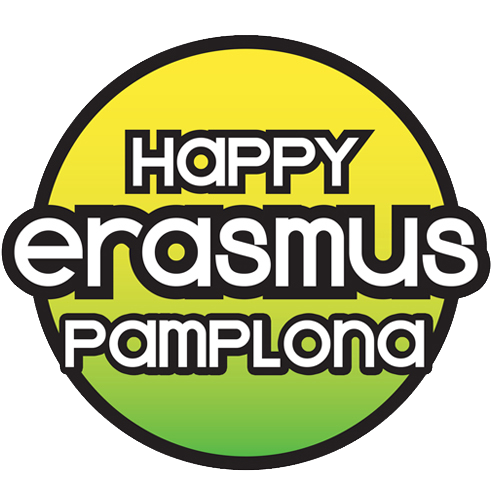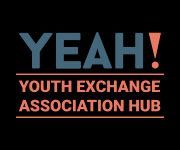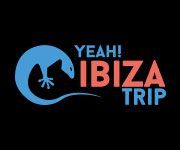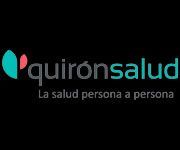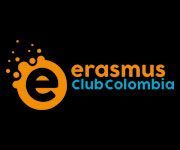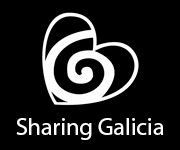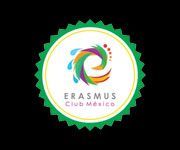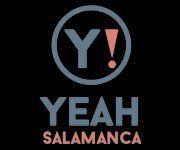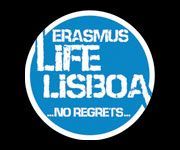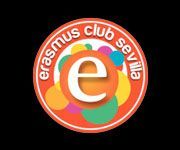Local Time: Europe Central (GMT+1)
Area: 25,14 km²
Population: 199.066 inhabitants
Area: 25,14 km²
Population: 199.066 inhabitants
Language: The official languages in Navarra are Spanish and Basque (only in the areas where Basque is spoken). Basque. or Euskera, is one of the most antique languages in the world, being the unique pre-Indo-European language that has survived in Western Europe. This language is spoken by more than 1,000,000 people, which are called euskaldun. If we literally translate it, it means something like "Basque carrier". Due to this duality of languages, the public administration uses both languages in their communications in the areas where Basque is spoken.
Gastronomy:
The Gastronomy of Navarra has a big influence from the surrounding regions, the most remarkable ones being Aragón, Basque Country and La Rioja. Nevertheless, the local gastronomy has enough elements to consider it as unique and genuine gastronomy. For example, the asparagus from Navarra is very popular to their quality, being considered as a delicatessen. Another good example can be the "chorizo de Pamplona" or "chistorra"; both of them have their origin in Navarra. We strongly recommend you to try "pimientos de piquillo" (a kind of local pepper) before leaving back home. And last, but not least, you have to know that the wine is also very popular in Navarra.
Communication: Phone Prefix in Spain: +34
Currency: The official currency in Spain is Euro (€).
Gastronomy:
The Gastronomy of Navarra has a big influence from the surrounding regions, the most remarkable ones being Aragón, Basque Country and La Rioja. Nevertheless, the local gastronomy has enough elements to consider it as unique and genuine gastronomy. For example, the asparagus from Navarra is very popular to their quality, being considered as a delicatessen. Another good example can be the "chorizo de Pamplona" or "chistorra"; both of them have their origin in Navarra. We strongly recommend you to try "pimientos de piquillo" (a kind of local pepper) before leaving back home. And last, but not least, you have to know that the wine is also very popular in Navarra.
Communication: Phone Prefix in Spain: +34
Currency: The official currency in Spain is Euro (€).
Bank Account: Opening a bank account in Spain can be difficult for exchange students. Most of the banks ask the students to have an NIE (a number of identification for foreigners), a document that can be difficult to get in some cases. However, there are some options which will allow you to get a Spanish bank account in an easy and fast way. If you need a Spanish Bank Account, come by the Happy Erasmus Office and we will inform you about all the steps you need to take to get an account without commissions and completely free.
Lost/Stolen Credit Card Cancellation:
- AmericanExpress: (+34) 900 814 500
- Mastercard: (+34) 900 97 12 31
- Servired: (+34) 902 19 21 00
- Visa: (+34) 900 99 11 24
Emergency numbers:
- General Emergencies (police, firefighters and ambulance): 112
- National Police: 091
- Local Police: 092
- Pamplona Firefighters: 112
Tips: In Pamplona, like in the rest of Spain, it's not common to give tips, and in the case of giving a tip, they are not usually higher than the 10% of the total amount. Of course, everything depends on the service you have received. In the bars and clubs, it's not very common to give tips, but it's more normal when you order food or when the service offered has been extraordinary.
Pharmacies:
Check the Pharmacy Open List
Regarding alcohol, in Spain, we consume more alcohol than the European average. Alcohol is very tolerated in society, it's not strange to see people drinking wine during lunch or having a beer after work. In Spain, it's possible to buy alcohol in bars and clubs; but also in supermarkets. Drinking alcohol in the street is forbidden by law, and you get a fine if the police catch you. Nevertheless, young people usually meet to drink alcohol in the streets, in spots where they don't bother other people. We usually call this "botellón" or "hacer litros".
